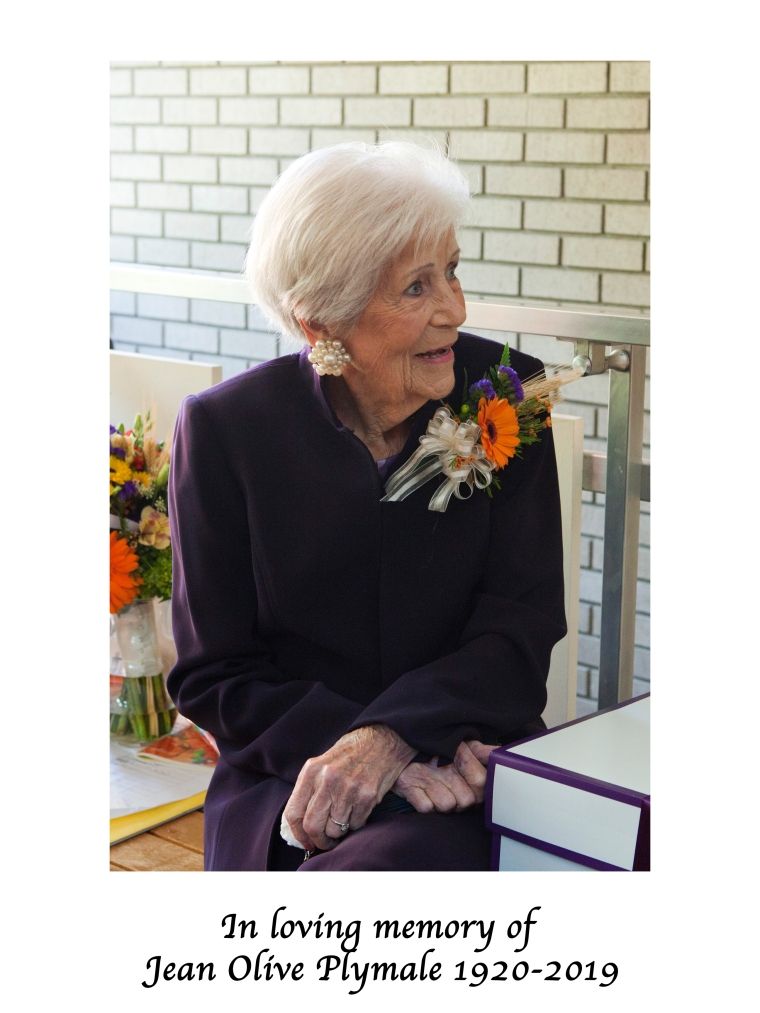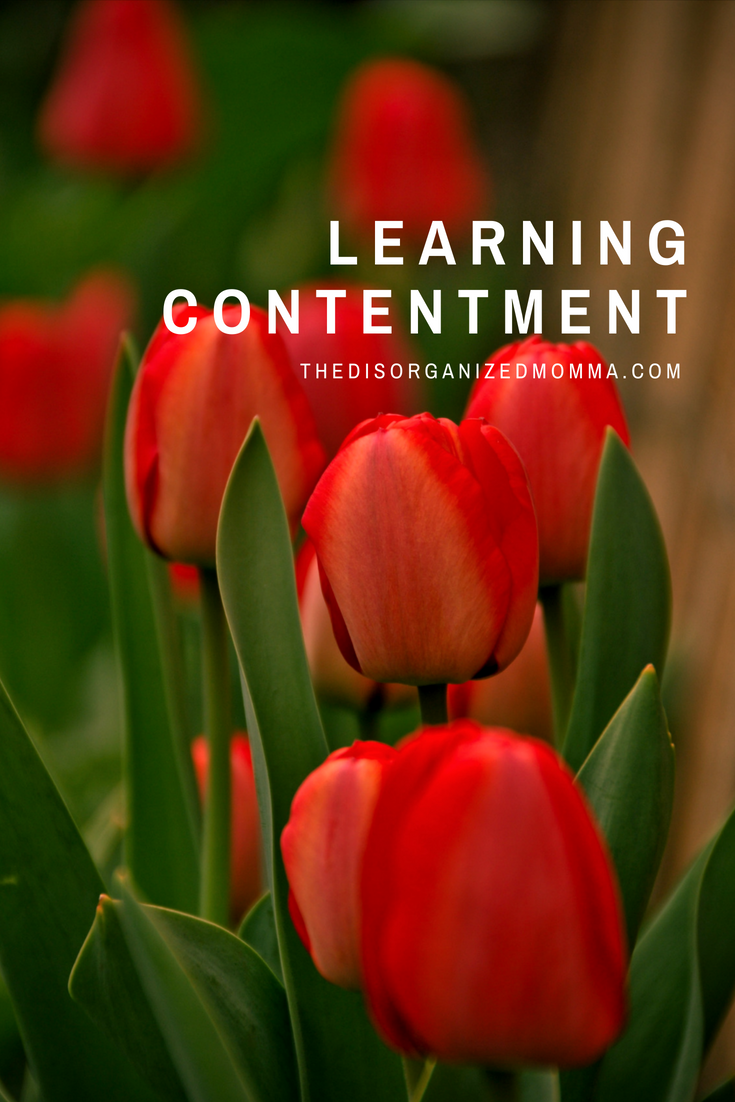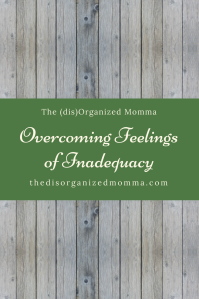
I’ve rewritten this post twice today already. I’m sure that this won’t be the final draft either. Let’s see how this goes…
Love is complex. There are so many different types of love, and each type can be broken down into subtypes. Each subtype is unique yet somehow still intertwines with other subtypes.
The ancient Greeks seemed to have had a better hold on love than we do today, but even their definitions of the different types of love seem mottled to me.
About a week ago big brother asked me what love is. It was in the midst of an ‘I love you more’ debate. He and I had been going back and fourth for about thirty seconds when little brother chimed in with “I love cookies!” I exclaimed that I love cookies too, and big brother’s wheels started visibly turning.
His little face creased in several places. He turned his headsideways and said, “Momma, what is love?”
I’m sure my face started to crease at that point. How was I supposed to explain that little brother’s love of cookies and my love for big brother are nothing alike?
I said, “Thats a really great and important question. Can momma take some time to figure it out and get back to you?”
He was fine with putting this question on hold, and honestly, I hope he’s fine with waiting a little longer, because I still feel unprepared to explain love.
So far I’ve just attempted to explain what his daddy and I mean when we tell him that we love him. I think that’s the most important piece of the puzzle to him for now anyway, so it sufficed.
It’s not simple though. Some people spend their whole lives longing for love, wondering if they’ve ever had it or felt it. How do we know if we’ve ever been in the presence of love? What does it feel like? What does it look like?
Because the answers to these questions are so complex, I’m choosing to do something that I don’t usually do. Istead of sharing what I’ve learned from a bunch of sources all mushed into one fluid conclusion, I’m going to just talk about one source and my personal experiences. I’m going to limit my definition of love to just the types of love that I have for my husband and my children (which have kind of merged into one type of love over the last year. I’ll explain.) And I’m going to use 1 Corinthians 13:4-8 to do so.
I’m using 1 Corinthians 13:4-8 for a few reasons. One, it is the definition of love that I hold as truth (I am a Christian and it’s the definition that I’ve heard the most throughout my life). Two, it is familiar to so many people. It’s a beautiful piece of literature, and I think that many people who know nothing else of the Bible could say that they’ve heard this passage either in a movie or another form of art at some point. Three, it encompasses the type of love that I want to try to define, Agapé, or sacrificial love.
The type of love described in 1 Corinthians 13:4-8 is said to be Christ’s love for the church. It’s the sacrificial love that the Bible says we are to have toward our spouse, and I believe that it should also serve as a model for how we should treat our children.
I Corinthians 13:4-8
“Love is patient and kind; it does not envy or boast; it is not arrogant or rude. It does not insist on its own way; it is not irritable or resentful; it does not rejoice at wrongdoing, but rejoices with the truth. Love bears all things, believes all things, hopes all things, endures all things.
Love never ends…”
When my husband (then boyfriend) and I first said “I love you” it didn’t look like the love that we have for each other now. It was a feeling, and it was genuine, but it wasn’t sacrificial at that point. We’ve learned that the feelings associated with our first few month of dating aren’t permanent. Our marriage isn’t void of butterflies and flirting, but they aren’t the things that define our love. I’d say that our love now looks much more like Christ’s love described in the passage above.
My husband and I are very different people. I think there’s a lot of truth to the idea that opposites attract. Like many couples, we have extremely different hobbies and interests. When we met my husband was fairly introverted and I was very extroverted. (I think that living with each other has brought us both closer to the ‘outgoing introvert’ personality type. It’s funny how that happens, isn’t it?) He likes the physical sciences, and is a physics genius. I like the soft sciences, and could talk your ears off about social problems and mental health. He likes fantasy games, and I like charades. We’re very different people.
I am christian and my husband is atheist. I still think that the definition of love in 1 Corinthians 4 is a good standard for how I love him. I’d even argue that my husband is better at sacrificially loving than I am. I tend to struggle when it comes to not insisting on my own way, and not being irritable or resentful. He struggles to love me sometimes too, but he keeps it to himself better than I do.
We’re still learning how to love each other! I hope that our love continues to grow, and that we always continue to get better at loving each other. Having kids has taught us so much about love, specifically this sacrificial love. It’s hard to love sacrificially, but it’s a necessity when it comes to kiddos. They need us to make sacrifices to care for them. Parenting has stretched us in ways that nothing else could.
This is where loving my kids and loving my husband meet. There are definitely aspects of my love for my husband that don’t apply to the way that I love our kids, but I think that the sacrificial, or giving piece is the same. Feelings definitely accompany my love for all of the people in my home, but ‘love’ is the action, not just the feelings.
I think that the distinction is that I choose to love my husband sacrificially, and my sacrificial love for my children is the result of their need to be cared for and taught. It’s a good thing that they need me, because some days I’d like to go in my room and take a break from sacrificing. Don’t get me wrong- I love loving my children, but it’s exhausting. When I get tired of actively loving my husband, I just take a break (there are definitely consequences, but no one will die if I ignore him for a bit.) I can’t really take a break from the sacrifices that parenting requires, and when I do, the consequences are far worse.
Paul hits the nail on the head in his definition of love in 1 Corinthians. So much of his definition describes what love isn’t. I think that was a wise decision on his part. Love is so complicated and so broad that it’s almost smarter to define it by saying what it isn’t. So lets explore the ‘is nots’ before we explore the ‘ises’.
Love does not/ is not
- Love does not envy- I’ve also seen “love is not jealous”. Love is trusting!
- Love does not boast- or brag. it is humble
- Love is not arrogant- or proud, or puffed up, it is humble. I like that Paul says this in two different ways. He’s being clear. Love is humble.
- Love is not rude- or offensive. It is nice, gentle. It is modest.
- Love does not insist on its own way- it’s not self-seeking. It is selfless.
- Love is not irritable- or short-tempered. It is calm.
- Love is not resentful- or bitter. It is pleasant and kind.
- Love does not rejoice at wrongdoings, or doesn’t delight in evil. It holds accountable and finds joy in doing good.
Love is/ does
- Love is patient- it is able to accept delays or changes without becoming aggravated.
- Love is kind- it is benevolent, nice.
- Love rejoices with the truth- it delights in what is accurate and present.
- Love bears all things- it takes or carries all things. It doesn’t dodge the hard or unpleasant stuff.
- Love believes all things- It is trusting. It doesn’t abandon.
- Love hopes all things- It confidently anticipates good things. It does not doubt.
- Love endures all things- It withstands, or holds up in the face of difficulty. It does not crumble.
Love never fails! I think that this quality of love could be on either list, so I’m setting it apart a little. Love never fails, or falls apart. It never disintegrates or backslides. It never flounders or slips. Love never goes away.
Remember that this is a description of Christ’s perfect love, not a gauge to measure all of your first dates with. I believe that Paul is educating the Corinthians as much as he is admonishing them. They were working toward godliness, but they were lacking love. I think Paul is giving them the description of Christ’s love as an act of generosity. I think he probably felt like they wanted to know how to love. His description is a beautiful guideline.
It seems like the Corinthians, like me so often, may have been putting love and relationships on the back burner. They may have been forgetting that they are (I am) nothing without love.
I am so often dumbfounded when relationships fail, especially my own. I think about the rocky parts of my relationship with my husband before we were married. The times when I doubted our relationship because of all the ways that we are so different. I remember wishing that he was more _______ or less ________. I remember thinking “This marriage is doomed to fail because he’s not ________. ” If marriage was about two people being perfect for each other, then no one would ever have a successful marriage, and I think that’s kinda what happens a lot these days. We tend to see the holes where we don’t match up, and we run instead of filling those gaping holes with love.
Again, I am not Biblical scholar, and I’m definitely not an expert on love, but I’ve learned that Paul’s description of love- his guidelines for love that lasts, holds up. When I actively try to love people in this way, they feel loved. When I put my self aside and truly devote my attention to actively trying to love others in this way, I reap the benefits of love in my life.
When my boys are having a rough day and it feels like all we’ve done is butt heads, I often realize that I haven’t been trying to love them like this. I’m not being kind. I’m not being patient. When my husband and I have had a rough week (or month) and I feel far from him, I often realize that I haven’t been trying to love him like this. I am often being arrogant or irritable. I’m not believing and hoping. I’m doubting.
I think that this kind of love transforms. It is powerful. I’ve seen evidence of this in myself. When I work hard at loving people sacrificially, when it’s less about me and more about them, I’m generally more joyful and more full of peace. I’m more confident in my relationships and I’m less anxious. (Hear me loud and clear, please. loving someone in this way does not cure abuse or neglect! If that is the situation that you find yourself in, seek outside help. You cannot fix an abusive relationship! Distance yourself physically and emotionally, and find help. There is always someone at this number who can provide you with resources 1-800-799-SAFE (7233). You cannot love your way into a healthy relationship with an abuser, and it’s NOT your fault.)
I want to love everyone like this, but for now I’m mainly focusing these efforts on my husband and my boys. I’m finding that it spreads and kinda becomes part of who I am though. The more I try to love my husband and boys selflessly, the more selfless I am in other relationships too. Also- notice how often I wrote “trying to love…”. Y’all, it’s hard! Being selfless and sacrificial is HARD, and none of us is perfect. I fail constantly. You will fail. You’re not Christ. I think that the reward, or love that never fails, is the result of working toward perfect love, not being perfect at loving.
I still don’t have a plan for talking to big brother about love. I’m hoping that my simple answer about what his parents mean when they say they love him will do for now. If any of you have helpful advice on talking with a kid about love, please share! He’s been using the word love a ton since he asked what it means, and each time I can tell that he’s a little unsure of whether or not he’s using it correctly.
thanks for reading! what are your thoughts on love?
Feel free to share this post!








